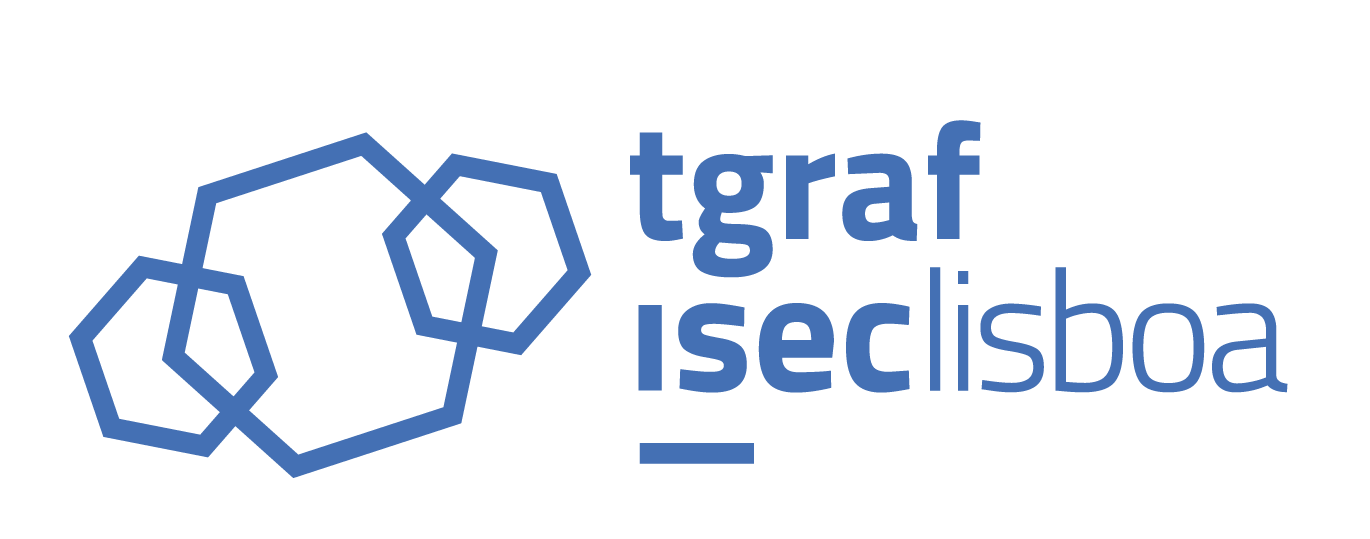A metodologia de trabalho de projeto no 1º Ciclo do Ensino Básico
Conceções teóricas e práticas de docentes
Mestrado em Educação Pré-Escolar e Ensino do 1º Ciclo do Ensino Básico – ISEC Lisboa
Resumo
Temos vindo a assistir, gradualmente, à defesa de um currículo significativo, contextualizado, funcional e mais aberto, com vista ao sucesso escolar e à formação integral. A Metodologia de Trabalho de Projeto (MTP) parece responder a estes desafios, pois promove um ensino-aprendizagem centrado na resolução de problemas, nos interesses e necessidades de aprendizagem dos alunos, numa visão integrada, democrática e cooperada da aprendizagem. Todavia, a utilização da MTP no 1º. Ciclo do Ensino Básico (1º. CEB) é ainda escassa e considerada por muitos docentes como de difícil execução. O presente estudo procura salientar os contributos da MTP para o ensino e aprendizagem dos alunos do 1º. CEB e os aspetos essenciais que se colocam na utilização desta metodologia, através das perceções de professores que a utilizam na sua prática pedagógica. Adotou-se no estudo uma abordagem qualitativa e recolheram-se dados através de entrevistas semidiretivas, junto de 6 professores titulares do 1º. CEB, de escolas do ensino privado, sobre as suas experiências pedagógicas com a MTP. Os dados foram sujeitos a análise de conteúdo. Os resultados salientam o grande contributo da MTP para a aquisição de competências essenciais a uma formação integral, em particular: a promoção da autonomia; o desenvolvimento da capacidade crítica e de reflexão; e um aumento do interesse e da motivação dos alunos na sua aprendizagem. Como principais dificuldades sentidas na realização de trabalho de projeto, destacou-se: a gestão do tempo; o acompanhamento do trabalho de todos os grupos, em simultâneo; a gestão de interesses e conflitos; a escassez de recursos; e a avaliação das aprendizagens. Os resultados sugerem ainda que a baixa utilização da MTP nas escolas do 1º. CEB se deve, sobretudo, à pouca abertura e flexibilidade do currículo nacional e à falta de motivação e recetividade das escolas e professores para esta abordagem curricular. Sugere-se o alargamento deste estudo a outras escolas do país, de ensino privado e público, o envolvimento de professores com um perfil diferente e ainda das famílias dos alunos envolvidos na MTP.
Keywords: Metodologia de trabalho de projeto; Integração curricular; 1º Ciclo do Ensino Básico; Professores do 1º Ciclo do Ensino Básico.
––––––––––––––
Abstract
We have been gradually assisting in the defense of a meaningful, contextualized, functional curriculum and more open, with a view to school success and integral education. The Problem Based Learning (PBL) seems to respond to these challenges, because it promotes teaching-learning focused on solving problems, interests and learning needs of students, in an integrated, democratic and cooperative view of learning. However, the use of PBL in the 1st Cycle of Basic Education (1st CBE) is still scarce and considered by many teachers as difficult to execute. The present study tries to emphasize the contributions of the PBL to the teaching and learning of the 1st. CBE and essential aspects that are put in the use of this methodology, through the perceptions of teachers who use it in their pedagogical practice. A qualitative approach was adopted in the study and data were collected through semi directives interviews with 6 professors from the 1st. CBE, from private schools, about their pedagogical experiences with PBL. Data were subjected to content analysis. The results highlight the great contribution of PBL to the acquisition of essential skills for integral training, in particular: the promotion of autonomy; the development of critical capacity and reflection; and an increase in students’ interest and motivation in their learning. As main difficulties experienced in carrying out project work, it was highlighted: the management of time; monitoring the work of all groups at the same time; the management of interests and conflicts; scarcity of resources; and evaluation of learning. The results also suggest that the low utilization of PBL in schools of the 1st. CBE is, mainly, due to the lack of openness and flexibility of the national curriculum and the lack of motivation and receptivity of schools and teachers for this curricular approach. It is suggested the extension of this study to other schools in the country, private and public education, the involvement of teachers with a different profile and still the families of the students involved in the PBL.
Keywords: Problem based learning; Curriculum Integration; Primary School Basic Education; Primary School Teachers.
––––––––––––––
2019, Sónia Alexandra Pepe dos Reis, 20120086@iseclisboa.pt, Ana Cristina Freitas, ana.freitas@iseclisboa.pt
